Unlock the Secrets of Homeownership with Indy Johar Mortgage: Discover Insider Tips and Unmissable Strategies for the Best Mortgage Deals Today!
In the ever-evolving landscape of home financing, understanding the intricacies of mortgage options, trends, and innovations is crucial for both first-time homebuyers and seasoned investors. Among the key players shaping this landscape is Indy Johar, whose contributions to the mortgage industry have sparked significant interest and discussions.
This blog post delves into indy johar mortgage reviews; Indy Johar’s impact on the mortgage industry, we will explore innovative mortgage solutions, and provide a comprehensive guide for navigating the future of home financing.
Who is Indy Johar?

Indy Johar is a prominent figure in the world of architecture, design, and urban regeneration. He is the co-founder of Dark Matter Labs and 00 (zero zero), organizations focused on systemic change through design, architecture, and innovation.
Johar’s work spans across various sectors, including housing and financing, where his innovative approach has led to the development of new models and strategies for homeownership and urban living.
Johar’s Vision
Indy Johar envisions a future where housing is not just a commodity but a fundamental right. His approach integrates social, economic, and environmental sustainability, aiming to create housing solutions that are inclusive, affordable, and resilient. Through his initiatives, Johar advocates for a shift from traditional mortgage models to more flexible and community-centered financing options.
The Current State of the Mortgage Industry
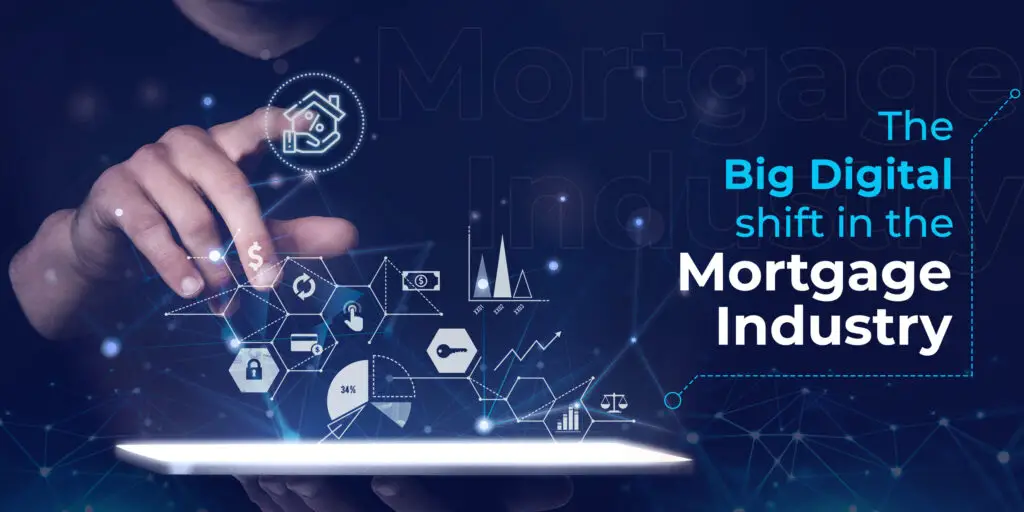
Before delving into indy johar dk mortgage innovations, it’s essential to understand the current state of the mortgage industry. This section provides an overview of traditional mortgage models, current market trends, and the challenges faced by homebuyers today.
Traditional Mortgage Models
Traditional mortgages typically involve a lender providing a loan to a borrower to purchase a home, with the home itself serving as collateral. These loans are repaid over a fixed period, usually 15 to 30 years, with interest. Common types of traditional mortgages include fixed-rate mortgages, adjustable-rate mortgages (ARMs), and interest-only mortgages.
Market Trends
Recent trends in the mortgage market include:
- Low Interest Rates: Central banks worldwide have maintained low interest rates to stimulate economic growth, making borrowing cheaper for homebuyers.
- Digital Transformation: The rise of digital platforms and fintech innovations have streamlined the mortgage application and approval process.
- Remote Work Influence: The COVID-19 pandemic has shifted homebuyer preferences, with many seeking homes in suburban and rural areas due to the rise in remote work opportunities.
Challenges for Homebuyers
Despite these trends, homebuyers face several challenges:
- Affordability: Rising home prices and stagnant wages have made it difficult for many to afford homes.
- Credit Requirements: Strict credit score requirements can be a barrier for potential buyers.
- Complexity: The mortgage process can be complex and intimidating, particularly for first-time buyers.
Indy Johar’s Innovations in Mortgage Financing
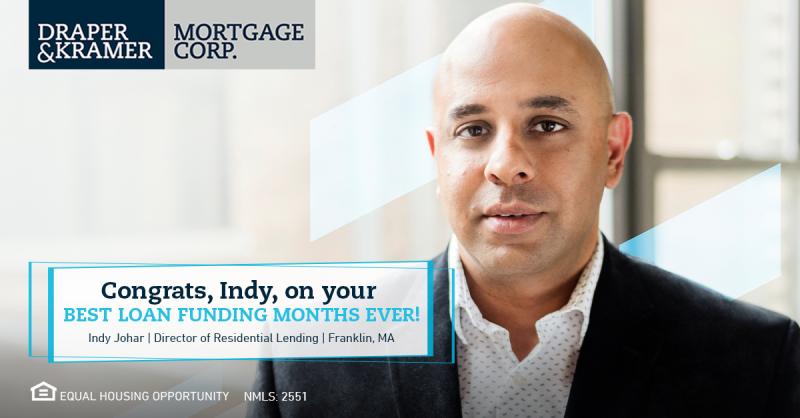
Indy Johar’s contributions to the mortgage industry focus on creating sustainable and inclusive financing models. His work addresses the limitations of traditional mortgages and introduces innovative solutions that align with his vision of equitable homeownership.
Community-Led Housing Models
Johar advocates for community-led housing models, where residents have a say in the development and financing of their homes. This approach fosters a sense of ownership and responsibility among community members, leading to more sustainable and resilient neighborhoods.
Social Impact Bonds
One of Johar’s notable innovations is the use of social impact bonds (SIBs) to fund housing projects. SIBs are a form of investment that generates social and financial returns by funding projects that address social issues. In the context of housing, SIBs can be used to develop affordable housing projects that benefit low-income families while providing returns to investors.
Flexible Mortgage Options
indy johar dk mortgage also promotes flexible mortgage options that cater to diverse financial situations. These options include:
- Shared Ownership: Allows buyers to purchase a share of a property and pay rent on the remaining share, making homeownership more accessible.
- Rent-to-Own: Provides renters the option to purchase their rental property after a certain period, with a portion of their rent payments contributing to the purchase price.
Digital Innovation and Fintech
Indy Johar embraces digital innovation and fintech solutions to streamline the mortgage process. This includes leveraging blockchain technology for transparent and secure transactions, using artificial intelligence to assess creditworthiness, and developing online platforms that simplify the application process.
How to Navigate the Future of Home Financing
Navigating the future of home financing requires a proactive approach and an understanding of emerging trends and innovations. This section provides practical tips and strategies for homebuyers to navigate the evolving mortgage landscape.
Understanding Your Options
It’s crucial to understand the various mortgage options available. Beyond traditional mortgages, consider innovative models like those promoted by Indy Johar, such as shared ownership and rent-to-own schemes. Each option has its pros and cons, so assess which best fits your financial situation and long-term goals.
Improving Creditworthiness
Your credit score plays a significant role in mortgage approval and interest rates. Take steps to improve your creditworthiness, such as:
- Paying Bills on Time: Consistently paying bills on time boosts your credit score.
- Reducing Debt: Pay down existing debt to improve your debt-to-income ratio.
- Monitoring Credit Reports: Regularly check your credit report for errors and address any discrepancies promptly.
Exploring Digital Platforms
Leverage digital platforms and fintech innovations to simplify the mortgage process. Many online tools can help you compare mortgage rates, calculate affordability, and even apply for pre-approval. These platforms often provide a more user-friendly and efficient experience compared to traditional methods.
Seeking Professional Advice
Navigating the mortgage landscape can be complex, especially with the introduction of new models and technologies. Consider seeking advice from mortgage brokers or financial advisors who can provide personalized guidance based on your unique circumstances.
Considering Long-Term Sustainability
When choosing a mortgage option, consider the long-term sustainability of your choice. Evaluate the stability of your income, potential changes in interest rates, and the overall affordability of your home in the future.
Case Studies: Success Stories of Indy Johar’s Mortgage Innovations
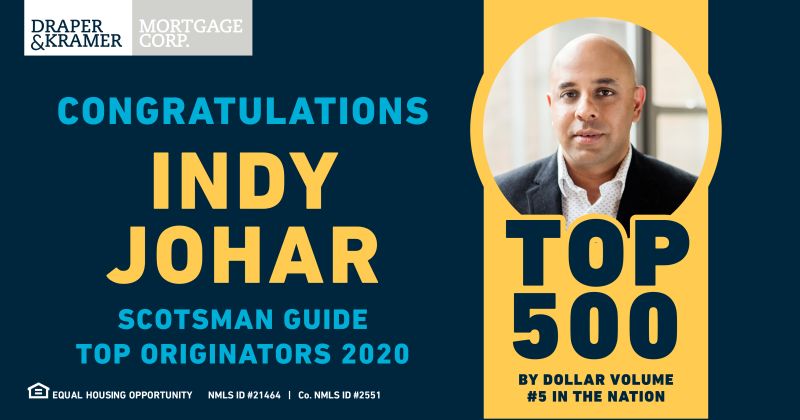
To illustrate the impact of Indy Johar’s mortgage innovations, let’s explore a few case studies of successful implementations of his models.
Case Study 1: Community-Led Housing in London
In London, a community-led housing project spearheaded by Indy Johar and his team transformed a derelict area into a vibrant neighborhood. Residents collaborated in the planning and financing process, resulting in affordable and sustainable housing that met the community’s needs. This project not only provided homes but also strengthened community bonds and fostered a sense of belonging.
Case Study 2: Social Impact Bonds in Affordable Housing
A project in Birmingham utilized social impact bonds to fund the development of affordable housing. Investors provided upfront capital for the construction of homes, and returns were generated through rent payments and social outcomes, such as reduced homelessness and improved community well-being.
This innovative financing model attracted socially conscious investors and delivered significant social and financial returns.
Case Study 3: Digital Mortgage Solutions in Manchester
In Manchester, a fintech startup collaborated with Indy Johar to develop a digital mortgage platform. This platform leveraged blockchain technology and AI to streamline the mortgage process, reducing approval times and increasing transparency. The initiative made it easier for first-time buyers to navigate the mortgage landscape and secure affordable financing.
The Future of Mortgage Financing
The future of mortgage financing is poised to be shaped by technological advancements, innovative models, and a growing emphasis on sustainability and inclusivity. Indy Johar’s contributions provide a glimpse into this future, where homeownership is more accessible, equitable, and resilient.
Technological Advancements
Technological advancements will continue to revolutionize the mortgage industry. Blockchain technology, AI, and machine learning will enhance transparency, efficiency, and security in mortgage transactions. Digital platforms will offer seamless and user-friendly experiences, making it easier for homebuyers to explore their options and secure financing.
Sustainable and Inclusive Models
The emphasis on sustainability and inclusivity will drive the development of new mortgage models. Community-led housing, social impact bonds, and flexible mortgage options will become more prevalent, providing diverse and accessible pathways to homeownership. These models will address social and economic disparities, fostering more resilient and equitable communities.
Policy and Regulatory Changes
Policy and regulatory changes will also play a crucial role in shaping the future of mortgage financing. Governments and regulatory bodies will need to adapt to the evolving landscape, introducing policies that support innovative models and protect consumer interests. This may include measures to promote affordable housing, ensure fair lending practices, and encourage investment in sustainable housing projects.
Actionable Steps for Homebuyers and Industry Stakeholders
To harness the benefits of the evolving mortgage landscape, both homebuyers and industry stakeholders need to take proactive steps. This section outlines actionable strategies and best practices to make the most of the innovative models and technologies discussed.
Actionable Steps for Homebuyers
- Research and Educate Yourself
- Stay informed about the latest mortgage trends and innovations. Websites, financial blogs, and industry reports are valuable resources.
- Understand the pros and cons of different mortgage options, including traditional loans, shared ownership, and rent-to-own schemes.
- Assess Your Financial Health
- Calculate your debt-to-income ratio and work on improving it if necessary.
- Save for a substantial down payment to increase your chances of securing favorable mortgage terms.
- Use online mortgage calculators to estimate monthly payments and total costs.
- Utilize Digital Tools
- Leverage digital mortgage platforms to compare rates, apply for pre-approval, and manage your mortgage application.
- Explore fintech solutions that offer personalized mortgage advice based on your financial situation.
- Engage with Community-Led Projects
- Participate in or support community-led housing initiatives in your area. These projects often offer more affordable and sustainable housing options.
- Network with other potential homebuyers and community members to share resources and insights.
- Seek Professional Advice
- Consult with mortgage brokers, financial advisors, and real estate professionals to get tailored advice and guidance.
- Consider working with advisors who are knowledgeable about innovative mortgage models and digital platforms.
Best Practices for Industry Stakeholders
- Embrace Innovation
- Stay abreast of technological advancements and incorporate them into your operations. This includes adopting blockchain for transactions and AI for credit assessments.
- Invest in the development of digital platforms that simplify the mortgage process for consumers.
- Promote Inclusivity and Sustainability
- Develop and offer mortgage products that cater to diverse financial situations, such as shared ownership and flexible payment plans.
- Support and invest in community-led housing projects and social impact bonds that provide affordable and sustainable housing.
- Enhance Transparency and Consumer Education
- Provide clear and comprehensive information about mortgage options, terms, and processes to help consumers make informed decisions.
- Offer educational resources and workshops to demystify the mortgage process and promote financial literacy.
- Collaborate with Policymakers
- Engage with government bodies and regulatory agencies to advocate for policies that support innovative mortgage models and protect consumer interests.
- Work towards creating a regulatory environment that encourages investment in affordable housing and sustainable development.
- Focus on Long-Term Relationships
- Build trust with clients by prioritizing their long-term financial well-being over short-term gains.
- Offer personalized and ongoing support to help homebuyers manage their mortgages and navigate changes in their financial situations.
The Promise of a Transformed Mortgage Landscape
The mortgage industry is at a pivotal moment, with the potential to transform home financing into a more inclusive, sustainable, and efficient system. Indy Johar’s visionary approach, combining community-led initiatives, social impact bonds, and digital innovation, offers a roadmap for this transformation.
For homebuyers, the path forward involves staying informed, leveraging digital tools, and exploring innovative mortgage options that align with their financial goals and circumstances. For industry stakeholders, embracing innovation, promoting inclusivity, and collaborating with policymakers will be key to driving positive change.
As we navigate this evolving landscape, the promise of accessible, equitable, and sustainable homeownership is within reach. By working together and embracing new models and technologies, we can create a future where home financing supports the well-being and prosperity of all communities.
Indy Johar Mortgage Alternatives
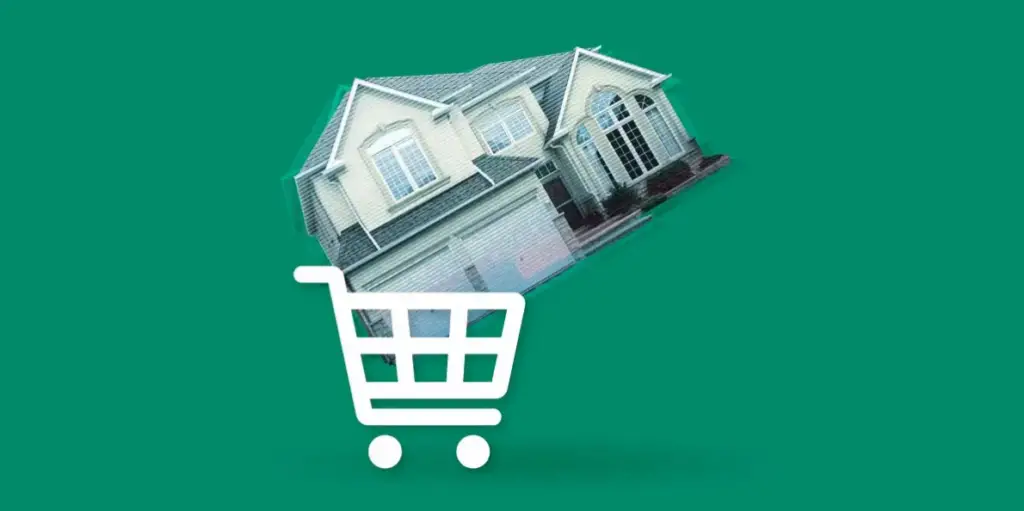
Indy Johar’s innovative approach to mortgage alternatives offers a refreshing departure from traditional home financing methods. By focusing on community-driven, socially impactful, and technologically advanced solutions, Johar’s alternatives aim to make homeownership more accessible, sustainable, and equitable. This section delves deeper into these alternatives, explaining how they work, their benefits, and their potential to transform the housing market.
1. Community-Led Housing Models
Overview
Community-led housing models involve residents actively participating in the development, design, and financing of their housing projects. These models prioritize collective ownership, decision-making, and long-term sustainability over individual profit and market speculation.
How It Works
- Co-Housing: Residents form a cooperative to purchase and develop a property. They share common spaces and facilities while owning individual units. Decision-making is democratic, with all members having a say in the management and maintenance of the property.
- Community Land Trusts (CLTs): A nonprofit organization acquires land and develops affordable housing. The land is held in trust permanently, ensuring long-term affordability. Residents own their homes but lease the land from the trust, separating the cost of the land from the cost of the housing.
- Housing Cooperatives: Members collectively own and manage the housing, either renting or owning their units. The cooperative structure allows for shared responsibility and decision-making, often resulting in lower costs and more stable communities.
Benefits
- Affordability: By removing the profit motive and focusing on shared ownership, community-led models can provide more affordable housing options.
- Sustainability: These models often incorporate environmentally sustainable practices and materials, reducing their ecological footprint.
- Resilience: Community involvement fosters strong social ties and a sense of belonging, enhancing the resilience of residents to economic and social challenges.
2. Social Impact Bonds (SIBs)
Overview
Social Impact Bonds (SIBs) are innovative financial instruments that fund projects with positive social outcomes. Investors provide upfront capital for social initiatives, and returns are generated based on the success of these projects.
How It Works
- Investment: Investors fund affordable housing projects upfront.
- Implementation: The capital is used to develop housing for low-income families or other target groups.
- Outcomes-Based Returns: Returns to investors are contingent on achieving specific social outcomes, such as reducing homelessness or improving community health.
Benefits
- Attracts Investment: SIBs draw in socially conscious investors who are interested in generating both financial returns and positive social impact.
- Accountability: Projects funded by SIBs are held to high standards of performance and accountability, ensuring that they deliver meaningful social outcomes.
- Scalability: SIBs can be scaled to fund various types of social housing projects, addressing different community needs.
3. Flexible Mortgage Options
Overview
Flexible mortgage options cater to the diverse financial situations of homebuyers, offering more adaptable and accessible paths to homeownership compared to traditional fixed-rate mortgages.
How It Works
- Shared Ownership: Buyers purchase a share of the property (typically between 25% and 75%) and pay rent on the remaining share. Over time, they can buy additional shares, eventually owning the property outright.
- Rent-to-Own: Renters have the option to purchase the property they are renting after a predetermined period. A portion of their rent payments is credited towards the down payment or purchase price.
- Interest-Only Mortgages: Buyers pay only the interest on the loan for a specified period, reducing initial monthly payments. After the interest-only period, they begin paying both principal and interest.
Benefits
- Accessibility: These options lower the barrier to entry for homeownership, making it possible for individuals with limited savings or lower incomes to buy a home.
- Flexibility: Buyers can tailor their mortgage to their financial situation and goals, with the ability to adjust payments over time.
- Reduced Initial Costs: Interest-only and shared ownership models reduce initial costs, easing the financial burden on new homeowners.
4. Digital Innovation and Fintech
Overview
Digital innovation and fintech are transforming the mortgage industry by streamlining processes, enhancing transparency, and improving access to financing.
How It Works
- Blockchain Technology: Blockchain provides a secure and transparent way to record and verify transactions, reducing fraud and increasing trust in the mortgage process.
- Artificial Intelligence (AI): AI algorithms assess creditworthiness and risk more accurately than traditional methods, enabling more personalized and fair lending decisions.
- Online Platforms: Digital platforms allow homebuyers to compare mortgage rates, apply for loans, and complete paperwork online, simplifying and speeding up the mortgage process.
Benefits
- Efficiency: Digital tools reduce the time and cost associated with the mortgage application and approval process.
- Transparency: Blockchain and AI enhance transparency and security, building trust between lenders and borrowers.
- Accessibility: Online platforms and digital tools make it easier for homebuyers to access information and resources, empowering them to make informed decisions.
Conclusion: Indy Johar Mortgage Reviews
Indy Johar’s contributions to the mortgage industry exemplify the potential for innovation to transform home financing. By embracing community-led housing models, social impact bonds, and digital solutions, Johar has paved the way for a more inclusive and sustainable future.
As homebuyers navigate this evolving landscape, understanding these innovations and leveraging available resources will be crucial in securing affordable and resilient housing. The future of mortgage financing is bright, and with visionaries like Indy Johar leading the way, it promises to be more accessible, equitable, and sustainable for all.
Discover more from Digital Wealth Guru
Subscribe to get the latest posts sent to your email.








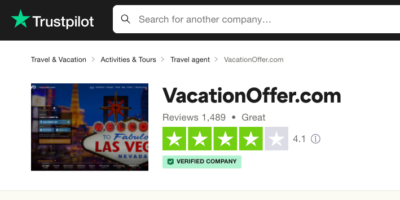
Comments